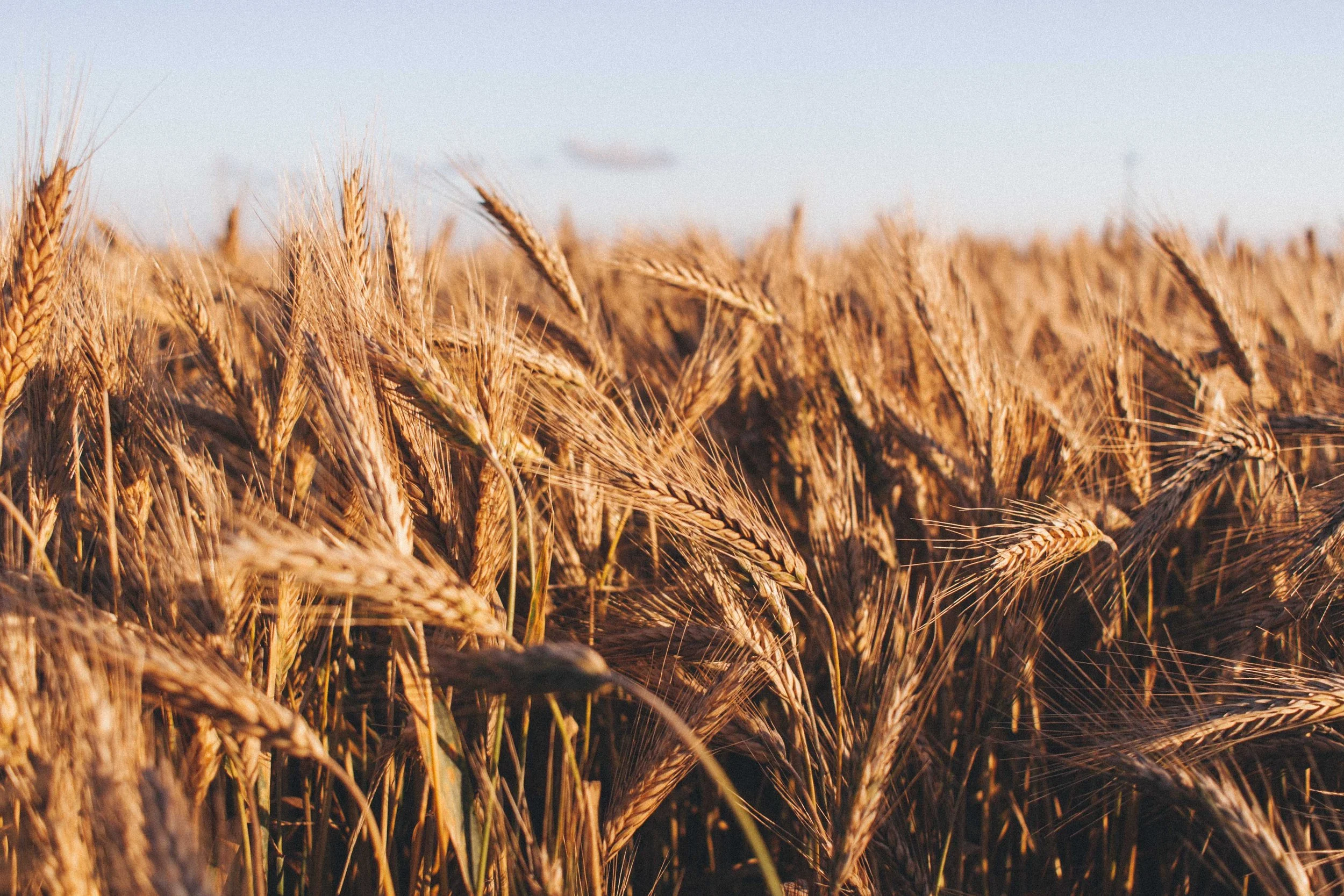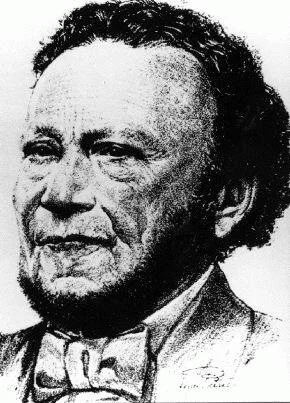Wheat has been cultivated in Washington since the 1820s and remains the most important agricultural product in much of eastern Washington -- and among the state's top five crops. In this unit, students will learn about how wheat was introduced into Washington and how it spread into the Columbia Plateau and Palouse regions, how farm technology has changed over time, and the state of the wheat industry in Washington today.
Less than a decade after the Whitmans established their mission at Waiilatpu in southeast Washington, a group of pioneers left Missouri in search of a new life at the end of the Oregon Trail. The co-leader of the group was George Bush, a military man, trapper, farmer and free Black American. He, his wife, Isabella, and their five sons joined friend Michael T. Simmons and three other families on the journey west, eventually settling in current day Tumwater. Tumwater was the first permanent American settlement in Washington.
by Jim Kershner
Wheat has been cultivated in Washington since the 1820s and remains the most important agricultural product in much of eastern Washington -- and among the state's top five crops. It was first grown in early Hudson's Bay Company outposts. Pioneer farmers in the 1860s discovered that the Walla Walla area was particularly well-suited to wheat. Over the next decades, wheat-growing spread north into the Columbia Plateau and east to the Palouse region, which would prove to be among the most productive wheat-growing areas in the country. Early farmers harvested fields with massive 32-horse combines, replaced in the middle of the twentieth century by motorized equipment. Most grain was exported, first to Europe, but by the 1950s mainly to Asia and the Middle East for Asian noodles and flatbreads. Whitman and Lincoln counties continue to be the top two wheat-growing counties in Washington -- and the top two in the entire U.S.




